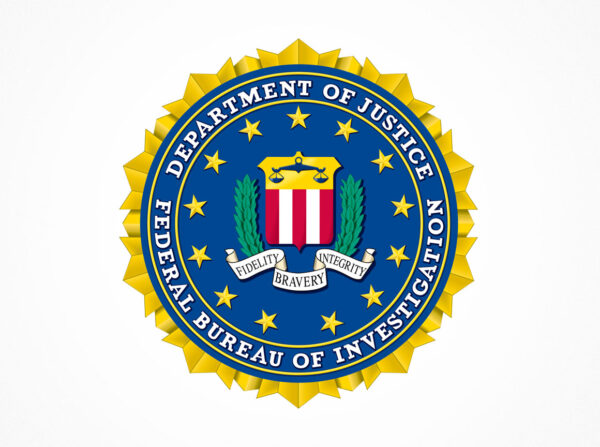ACLU Lawsuit Seeks Information from FBI on Nationwide System for Collecting “Suspicious Activity” Information
System May be Used to Track and Store Information about Innocent Americans with No Evidence of Wrongdoing
FOR IMMEDIATE RELEASE
CONTACT: (212) 549-2666; media@aclu.org
NEW YORK – The American Civil Liberties Union today filed a Freedom of Information Act (FOIA) lawsuit challenging the government’s failure to release documents about the FBI’s nationwide system of collecting and sharing so-called “Suspicious Activity Reports” from local, state and federal law enforcement agencies.
The lawsuit seeks information about the nationwide eGuardian program, launched in 2009, which allows the FBI to collect information about vague and expansively defined “suspicious activity” from law enforcement and intelligence officials across the country, as well as from the public. The program appears to give broad discretion to law enforcement officials to monitor and collect information about innocent people engaged in commonplace activities, and to store that data in criminal intelligence files without any evidence of wrongdoing. There are also serious concerns that the system opens the door to racial profiling and other improper practices.
“We don’t know how the FBI determines what constitutes ‘suspicious activity’ for eGuardian, what the Bureau does with the reports in the system, or what safeguards are in place to protect against unlawful privacy invasions or discriminatory surveillance,” said Nusrat Choudhury, staff attorney with the ACLU National Security Project. “The public needs to know if the government is collecting information for eGuardian through the illegal profiling of innocent Americans on the basis of their race, religion or constitutionally protected beliefs and activities.”
The ACLU filed its FOIA request in March 2010. Although hundreds of government agencies have reportedly submitted so-called “suspicious activity” reports, the FBI released only a handful of documents to the ACLU this April, and what was turned over was heavily redacted without explanation by the government, as is required by law.
Similar government “threat assessment” and information sharing systems that were precursors to eGuardian have led to widespread abuses. In 2007, the Pentagon shut down its TALON database system, which collected reports of “suspicious activity” near military bases, after it was revealed that TALON included information about innocent and constitutionally protected activity such as anti-war meetings and protests.
The other attorney on the case is ACLU National Security Project Director Hina Shamsi.
The FOIA request can be found at:
The complaint can be found at:


